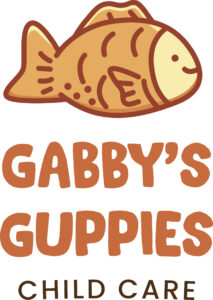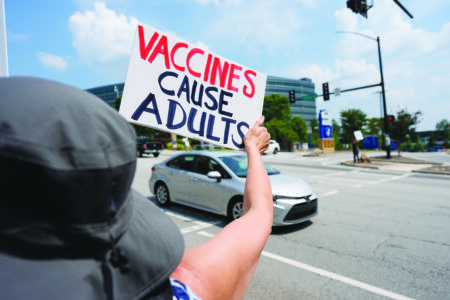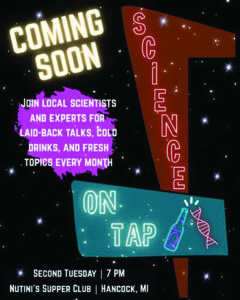Local Food Systems Mini-Grants Available
Apply by September 15

Gazette file Photo Houghton-Portage Township Schools paraprofessional Lily Venable taught children at the Meet Up and Eat Up. The Western UP Food Systems Collaborative announced the creation of community mini-grants, made possible by the Better Food Policy Fund awards.
HOUGHTON — The Western UP Food Systems Collaborative (WUPFSC) announced the creation of community mini-grants, made possible by the recently received Better Food Policy Fund award. There are two types of mini-grants to which community groups or individuals can apply.
• Knowledge Exchange Mini-Grant
• Community Building Mini-Grant.
WUPFSC has allocated $10,000 for each of the mini-grant programs, with an average of $500-$1,000 for each award.
Knowledge Exchange Mini-Grant
This grant is intended to fund part of the attendance cost for professional development, conferences, training, courses, or travel to meet with mentors. The goal of this grant is to support individual and community capacity building by funding community members to attend and share back what they’ve learned with others in our communities.
Community Building Mini-Grant:
This grant is intended to fund needed and ongoing work for grassroots community groups’ food systems projects/efforts. We define grassroots community groups as those groups that do not have nonprofit status. The goal of this grant is to support capacity building by funding community events, needed infrastructure at community gardens or seed libraries, workshops, and/or other types of support.
Projects must be located in the Western Upper Peninsula of Michigan (Keweenaw, Houghton, Baraga, Ontonagon, Gogebic, or Iron counties). Awardees will be notified by Sept. 30 and receive funds via check in the mail by Oct. 30, 2025. To apply, complete the questions listed in the online application template and email it to wupfoodsystems@gmail.com by 6 p.m Sept. 15.
Questions can be directed to: wupfoodsystems@gmail.com.
The Western UP Food Systems Collaborative connects the people, lands, and waters of the region’s food systems through knowledge exchange, resource sharing, intergenerational and intercultural learning, and storytelling. To learn more about the Western UP Food Systems Collaborative, visit the website at: https://www.wupfoodsystems.com/




